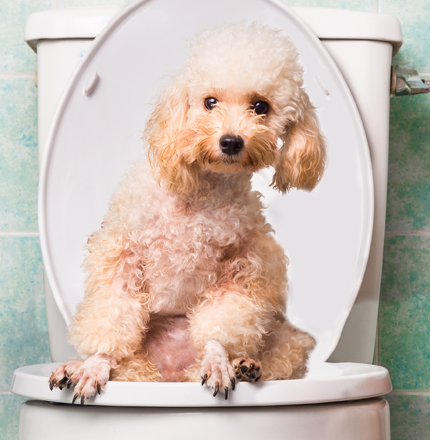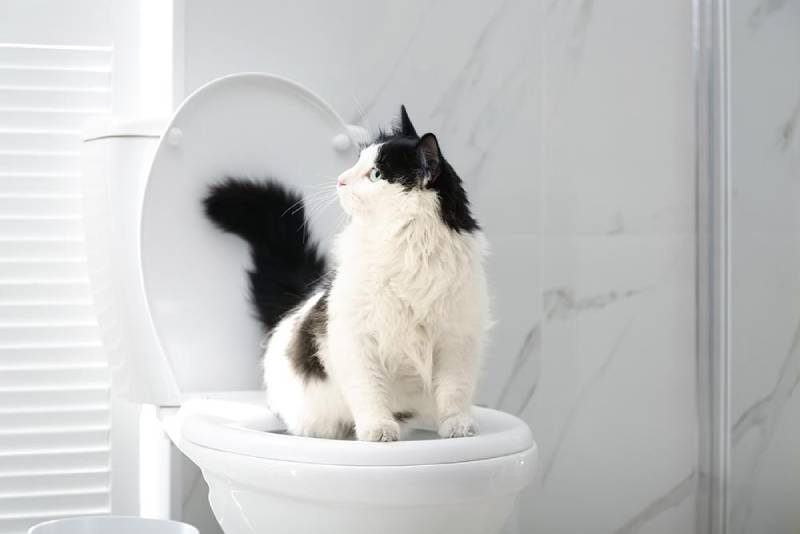Do you find yourself trying to locate critical information around 4 Reasons Why Dog Poop Cleanup is Important?

When it comes to taking care of waste, specifically animal waste, many individuals usually resort to the hassle-free alternative of flushing it down the commode. However, this seemingly easy remedy can have significant repercussions for the environment and public health. In this post, we'll discover why flushing animal waste down the commode is a negative concept and supply alternate techniques for correct disposal.
Introduction
Correct garbage disposal is vital for maintaining environmental sustainability and public health. While it may appear harmless to purge animal waste down the toilet, it can cause different issues, both for the setting and human wellness.
Risks of flushing animal waste
Ecological effect
Purging pet waste introduces dangerous germs and virus into waterways, which can adversely influence aquatic environments. These virus can infect water sources and damage aquatic life, interfering with fragile ecological communities.
Public health concerns
Pet waste includes harmful microorganisms such as E. coli and Salmonella, which can pose significant health and wellness dangers to humans. Purging pet waste down the commode can infect water supplies, bring about the spread of conditions and infections.
Alternatives to flushing
Instead of purging animal waste down the bathroom, there are a number of different disposal methods that are much more environmentally friendly and sanitary.
Composting
Composting pet waste is here an environment-friendly method to get rid of it. By composting, raw material is broken down into nutrient-rich soil, which can be used to feed gardens and plants.
Landfill disposal
Dealing with animal waste in a landfill is another alternative. While not as eco-friendly as composting, it is a much safer option to flushing, as it protects against the contamination of water sources.
Family pet garbage disposal systems
There are specific family pet garbage disposal systems available that securely and hygienically take care of animal waste. These systems commonly make use of enzymes to break down waste and eliminate odors.
Actions to appropriate animal garbage disposal
To make certain proper disposal of pet waste, adhere to these steps:
Scooping and bagging waste
Regularly scoop and bag animal waste utilizing naturally degradable bags. This avoids waste from infecting the setting.
Making use of designated waste containers
Dispose of bagged pet waste in assigned waste bins, such as garden compost containers or landfill containers. Prevent flushing it down the commode whatsoever costs.
Cleaning up litter boxes and pet areas frequently
Regularly clean can and family pet areas to prevent the buildup of waste and microorganisms. Use pet-safe cleansing products to preserve health.
Benefits of appropriate disposal techniques
Embracing correct disposal techniques for animal waste uses a number of benefits:
Reduced environmental pollution
Correct disposal methods decrease the danger of environmental pollution, safeguarding rivers and communities from contamination
Decreased risk of water contamination.
By preventing flushing animal waste down the bathroom, the danger of water contamination is substantially lowered, safeguarding public health.
Improved cleanliness and health
Correct disposal methods advertise better sanitation and health, creating a much safer setting for both people and animals.
Final thought
To conclude, purging pet waste down the toilet is hazardous to the setting and public health. By taking on different disposal techniques and adhering to proper waste management methods, we can decrease the adverse influence of pet waste and contribute to a cleaner, healthier earth.
What To Do With Dog Poo – The Do's And Don'ts Of Disposing Of Faeces
Dog poo bins
Some councils provide dedicated dog waste bins in popular dog-walking areas that can take dog poo that has been bagged but you can legally dispose of dog waste in any public litter bin, as long as it is securely bagged. This also applies to your wheelie bin at home.
Do not flush
Water companies do not recommend flushing dog faeces down the toilet because certain parasites can survive the water processing treatment and are potentially harmful to humans. You should also never consider flushing dog poo that has been bagged down the toilet as the bags will not break down and instead create severe blockages in the sewage system.
In the woods
The Forestry Commission promotes a ‘stick and flick’ method for dealing with waste in the woods. This means finding a stick and using it to flick any poo from off the path so that it is out of the way of other walkers. You could also bury it as long as it is not in an area where there might be livestock.
Livestock
Parasites found in dog poo can be transmitted to livestock if they inadvertently eat infected faeces that has been left on grazing land. This could result in the death of sheep or abortion in cattle so you should always make sure you pick up your dog’s waste in fields where livestock could be present.

We were shown that write-up about 4 Reasons Why Dog Poop Cleanup is Important from a good friend on another site. For those who enjoyed reading our blog posting kindly be sure to pass it around. Thank you for going through it.
Click Here